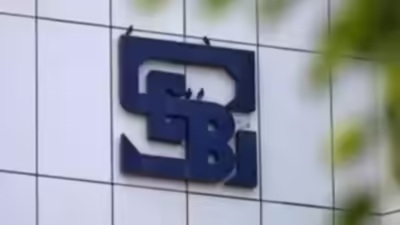SEBI’s Action on Jane Street: Market Impact and Future Outlook
Understanding SEBI’s Recent Decision

SEBI, India’s market watchdog, made a big move. They asked Jane Street Group, a global algo-trading firm, to give up Rs 4,850 crore. SEBI also banned Jane Street from trading on Dalal Street for a while. They did this because of market manipulation.
Market Response and Future Expectations
This action won’t likely stop proprietary trading firms from trading on Indian exchanges. But it will make brokerages and funds more careful. They will need to follow rules better and improve their governance.
Some people worry that futures and options trading might drop because of this ban. But SEBI is clear. They want everyone to follow the rules. SEBI won’t tolerate any market manipulation.
Immediate Effects on the Market
Right after SEBI’s order, some broking houses and market institutions saw their stock prices fall. Analysts think these firms might see less trading in futures and options, at least for a short time.
For instance:
- Nuvama Wealth Management, which has a broking arm, saw an 11% drop.
- Angel One, a tech-focused financial services firm, lost nearly 6%.
- BSE, the largest listed exchange, closed 6.4% lower.
- CDSL, the biggest depository, lost 2.3%.
Long-Term Market Confidence
Dinesh Thakkar, Chairman and MD of Angel One, shared his views. He said that retail trading in India’s futures and options segment has grown a lot in recent years. This growth has led to more liquidity, volatility, and opportunity.
Thakkar added, “Proprietary trading desks do well in such environments. They use high-frequency and algorithmic strategies. With millions of active retail traders and growing institutional activity, India’s market opportunity is strong and lasting. It’s not dependent on any one firm.”
SEBI officials believe this action won’t have a major long-term market impact. They said, “In the long run, this will boost market confidence. A free and fair market will aid responsible investing and capital formation.”



